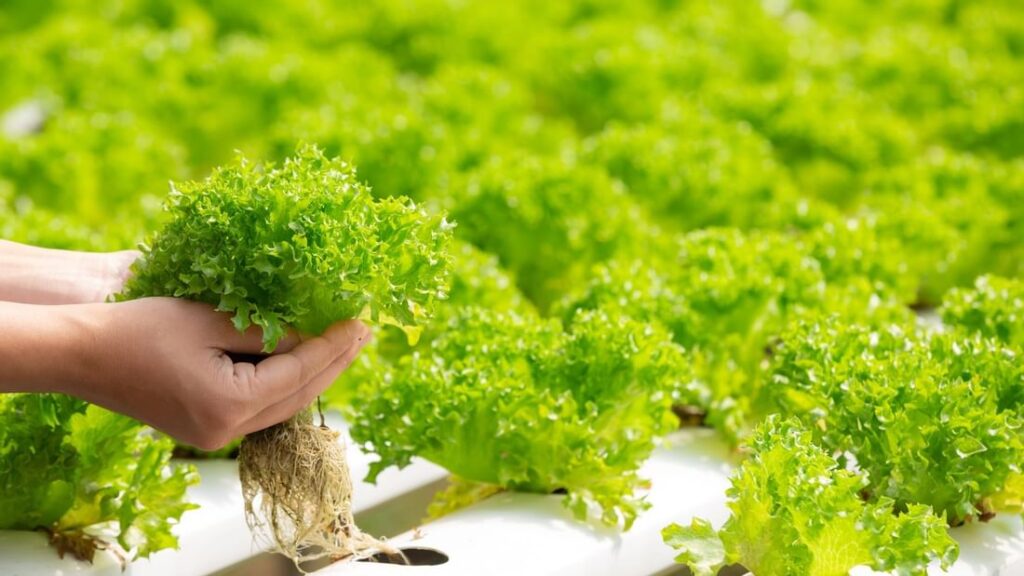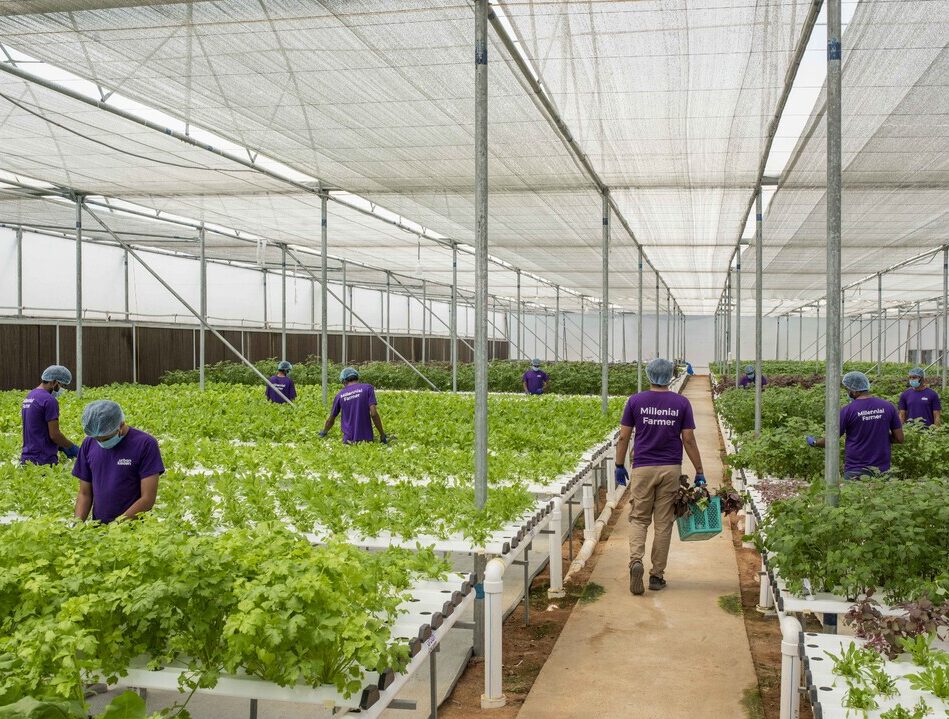
Menu
Advantages and Disadvantages of Hydroponic Gardening

Advantages of hydroponic gardening:
- Efficient water usage: Hydroponic systems use significantly less water compared to traditional soil-based gardening, as water is recirculated and reused within the system.
- Faster growth and higher yields: Plants grown hydroponically often experience accelerated growth rates, resulting in higher yields compared to traditional gardening methods.
- Controlled environment: Hydroponic systems allow for precise control over environmental factors such as temperature, humidity, and nutrient levels, creating optimal conditions for plant growth.
- No weeds or pests: Since hydroponic gardening is soilless, it eliminates the need for weed control and reduces the risk of soil-borne pests and diseases.
- Space efficiency: Hydroponic systems can be set up vertically or in compact spaces, allowing for efficient use of space and higher crop density.
- Year-round cultivation: With hydroponics, plants can be grown indoors or in greenhouses, enabling year-round cultivation regardless of external weather conditions.
Disadvantages of hydroponic gardening:
- Initial setup cost: Hydroponic systems can require a significant initial investment in equipment, infrastructure, and lighting systems, making it more expensive to set up compared to traditional gardening.
- Technical knowledge and maintenance: Hydroponic gardening requires a good understanding of nutrient solutions, pH balancing, and system maintenance. Regular monitoring and adjustments are necessary to ensure optimal plant growth.
- Power dependency: Hydroponic systems often rely on electricity to power pumps, lights, and other equipment, making them dependent on a stable power supply.
- Disease and pest management: Although hydroponic systems reduce the risk of soil-borne diseases and pests, they are not entirely immune. Proper hygiene and preventive measures are still necessary to prevent the spread of diseases and pests within the system.
- Nutrient balance and complexity: Maintaining the correct balance of nutrients can be challenging in hydroponic systems. Monitoring nutrient levels and adjusting the solution accordingly is crucial for plant health and growth.
- Limited crop selection: Some plants may not thrive in hydroponic systems or may require specialized equipment and techniques. Certain crops, such as root vegetables, may be more challenging to grow hydroponically.

It’s important to weigh these advantages and disadvantages when considering hydroponic gardening and determine if it is suitable for your specific needs and circumstances.